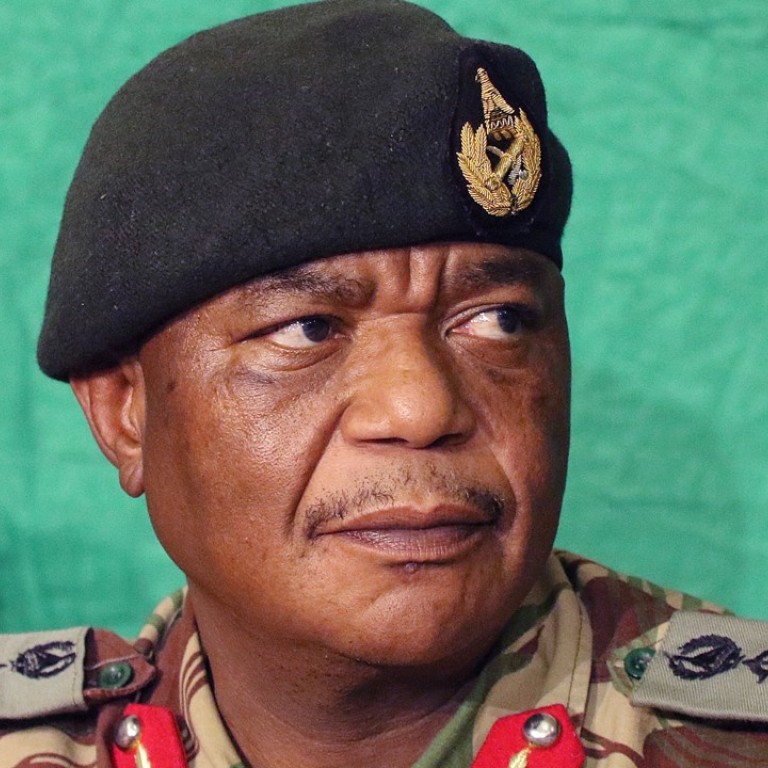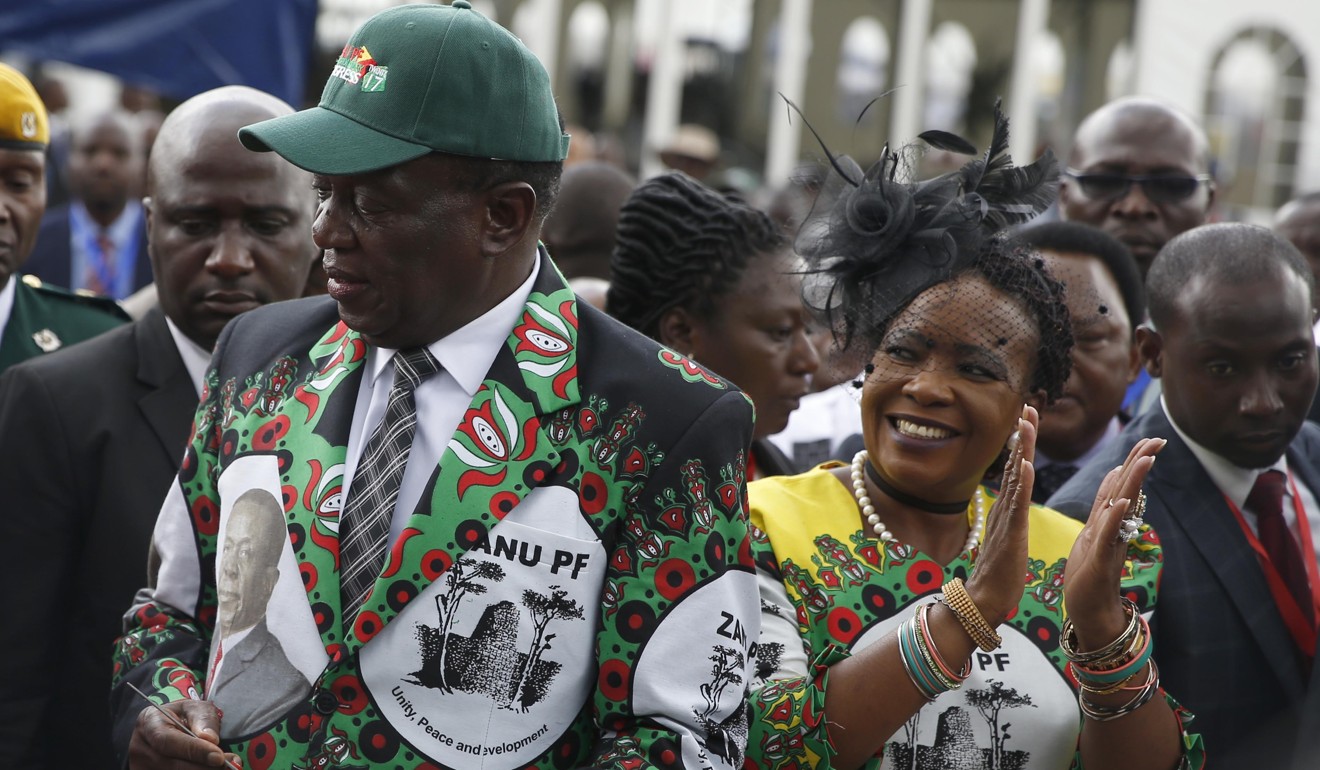
Zimbabwe army chief eyes becoming vice-president after retiring from military
Zimbabwe on Monday announced the retirement of army chief Constantino Chiwenga, who led a coup that ended Robert Mugabe’s 37-year rule, in a move seen as paving the way for his elevation to the vice-presidency.
The news came as Chiwenga appeared on state television warning the army would step in to put a stop to feuding in the ruling ZANU-PF party.
“General Constantino Guvheya Dominic Nyikadzino Chiwenga is set to retire, pending redeployment,” said Misheck Sibanda, the Chief Secretary to President Emmerson Mnangagwa.
Dewa Mavhinga, southern Africa director of Human Rights Watch, said Chiwenga’s retirement was “pending redeployment likely to be vice-president.”
“Is this what the military takeover was really about?” he asked on Twitter.
The government also announced the impending retirement of police chief Augustine Chihuri, a close ally of Mugabe associated with a faction that backed Mugabe’s wife Grace as his successor.
Zimbabwe’s military took charge on November 15 as internal feuding escalated in the governing party over Mugabe’s succession.

The army had said it was targeting Mugabe’s corrupt allies when it seized control, just a few days after Mugabe dismissed his deputy – the current president Mnangagwa – who had strong links to the military and was widely seen as the man who would replace the veteran leader.
The intervention was followed by mass street protests and a motion to impeach Mugabe, who on November 21 resigned in a letter to parliament as proceedings to recall him began.
The army on Monday said it was ending the operation.
“The defence and security services come before you to pronounce the end of Operation Restore Legacy,” Zimbabwe National Army commander Phillip Valerio Sibanda told journalists.
“Normalcy has now returned to our country,” Sibanda said. “We want to thank all Zimbabweans for their support, patience and understanding during the five weeks of Operation Restore Legacy.”
But Sibanda also called on people to watch out for “malcontents and saboteurs” and “remain vigilant and report any suspicious objects and individuals to law enforcement agents.
“This is because some of the members of the G-40 cabal that had surrounded the former head of state are now badmouthing the country from foreign lands, where their intentions to harm the peace and tranquillity that exist in our country have been pronounced,” he said.
He was referring to the Generation-40 group that supported Mugabe’s wife Grace in the succession battle.
Sibanda said the military had handed over “all normal day-to-day policing duties to the Zimbabwe Republic Police.”
“We urge all our citizens to allow for a smooth transition.”
Mnangagwa, the new president, has pledged to mend strained relations with the West and revive Zimbabwe’s moribund economy.
He has appointed several military officers in his cabinet, including former air force chief Perrance Shiri, who became the new lands and agriculture minister.
And at the party’s congress last week, he appointed a senior military officer to take over as party commissar, a secretary-level post, which has stoked fears of violence ahead of general elections set for next year.
Mnangagwa has vowed the polls will be “free and fair”, adding: “There is no need for violence.”

.png?itok=arIb17P0)